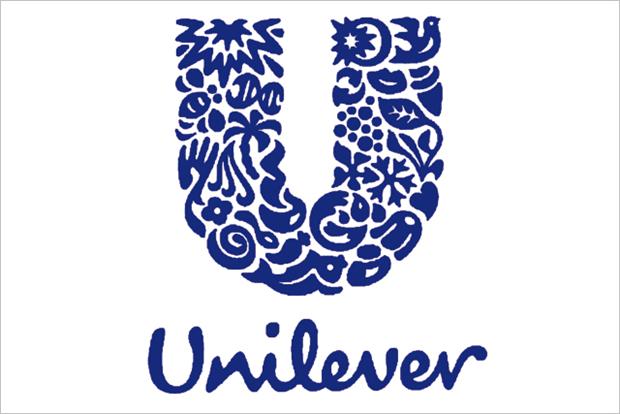
Mathieu is putting this into practice with , a platform for Unilever brands to collaborate with start-ups. Speaking to Marketing at the Nimbus Ninety IGNITE conference, Mathieu discusses why marketers must face their fears and learn to fail.

Are marketers scared to fail?
Absolutely. I think that it’s one of the big challenges, not just for marketers, but for large corporations. They are fundamentally built to run the business a way that doesn’t bet the house, while also trying to build a new house. It’s finding that right balance between doing everything that’s necessary and not to take unconsidered twists. It’s about building a new floor on the house, where you are more open to experimenting and exploring new ways.
This whole idea of working early with start-ups is important for marketer and businessman of tomorrow.
That’s where the Foundry is interesting – it’s not telling marketers to change what they are doing, but giving them an opportunity to play.
Why are start-ups important to Unilever?
Career-wise, I did a couple of years between Coca-Cola and Unilever, in which I got personally immersed in the world of start-ups. That opened me up to a reality which is obvious. Facebook and Twitter didn’t exist 10 years ago and they are changing the world of marketing.
[It’s] important to work with these entrepreneurial minds very early on. Let’s take an example. Before YouTube was acquired by Google, it had received $3.5m in funding. , and then it was sold for more than $1bn to Google. How many corporations would have loved to have invested in YouTube before it was acquired by Google, or even to have owned that platform themselves?
This whole idea of working early with start-ups is important for the marketer and businessman of tomorrow.
There is a tension and fusion between the left brain and right brain, and making sure you never go creatively up in the air and forget to ground yourself in logic
What was the thinking that led to Unilever Foundry?
Inside Unilever, we had this ‘ initiative, which was all about rethinking your marketing model to be more people-centric, more purpose-driven for brands, unlocking creativity and raising the bar of our creative agenda. We’ve rolled that out, and it’s working very well.
As we build the next step for this, we said we’ll need to continue to push this idea of pioneering the future, of experimentation, of embracing risks. That’s naturally what led us to say […] we were not tapping into the innovation of start-up entrepreneurs. People are inventing the future faster than we can adapt, therefore we need to partner in real time.
In , how can marketers practise "more magic, less logic"?
Everyone thinks data is the logic side. But marketing is about both magic and logic. What you actually need to do is make sure that you don’t let data fall only in the logic side, but build the creative layer that really unlocks the power of data. Contextualisation and personalisation will enable us to build an experience and relationship with people.
That continuous tension for a marketer, which I love – at Coke, I called it art and science, at Unilever, I call it magic and logic – is basically this tension and fusion between left brain and right brain, and making sure you never go creatively up in the air and forget to ground yourself in logic, something that is fact-based. But at the same time, you don’t just deliver a solution that people expect; you build that extra layer of surprise.
What is your day like now?
Last time I had to answer that question, it was very disruption-orientated as an answer. I’d spend the day working on data, working on platforms, working on start-ups, working on artificial intelligence. A day like that would not have been possible two or three years ago.
A lot of the everyday job is ‘raising the floor, raising the ceiling’ and what I call ‘raising for the stars’. So a lot of the work we do is about building the effectiveness and efficiency of our marketing approaches, and getting our marketers communicate at scale – we have 6000 marketers – but again, at the same time, finding a way to raise the bar in terms of a creative agenda.
As always, you spend more time on the everyday and recurrent than you want and less time on the blue sky than you should, but I manage.



.jpg)
.jpeg)
